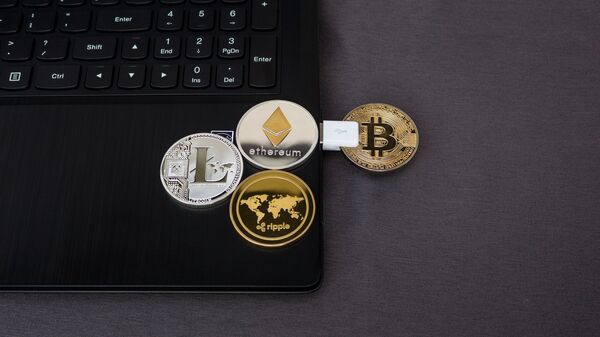"All transactions related to, provision of financing for, and other dealings in, by a United States person or within the United States, any digital currency, digital coin, or digital token, that was issued by, for, or on behalf of the Government of Venezuela on or after January 9, 2018, are prohibited as of the effective date of this order," the executive order said.
The executive order said Venezuelan President Nicolas Maduro issued the digital currency in an attempt to get around US sanctions.
The same day the US Treasury Department's Office of Foreign Assets Control (OFAC) announced that four current and former senior government officials in Venezuela are facing new sanctions.
The individuals include Nelson Reinaldo Lepaje Salazar, the Acting in the Capacity of the Head of the Office of the National Treasury and the Vice Minister of Internal Commerce within the Ministry of Popular Power of Economy and Finance William Antonio Contreras.
READ MORE: Inflation-Hit Venezuela Introduces New Highest-Denomination Banknote
After in December Maduro announced the creation of a new virtual currency to fight the economic crisis, pay debts, and revive the national economy, late in February Venezuela launched the presale of cryptocurrency tokens, each backed by a barrel of Venezuelan oil. Maduro has estimated early gains at $735 million.
The move was taken amid the worst economic crisis in Venezuela's history, which started in 2012 with changes on the global oil market. More than 95 percent of its export revenues come from oil and its derivatives.
In 2015, with the oil price falling to 50 dollars per barrel, Venezuela's economy was knocked out, leaving the population with shortages of food and medicine.
READ MORE: Cryptocurrency Training Center Opens in Venezuela Amid Petro Token Rise


